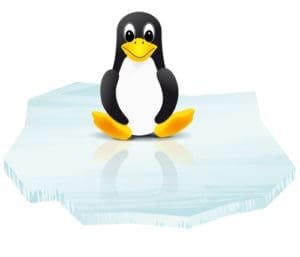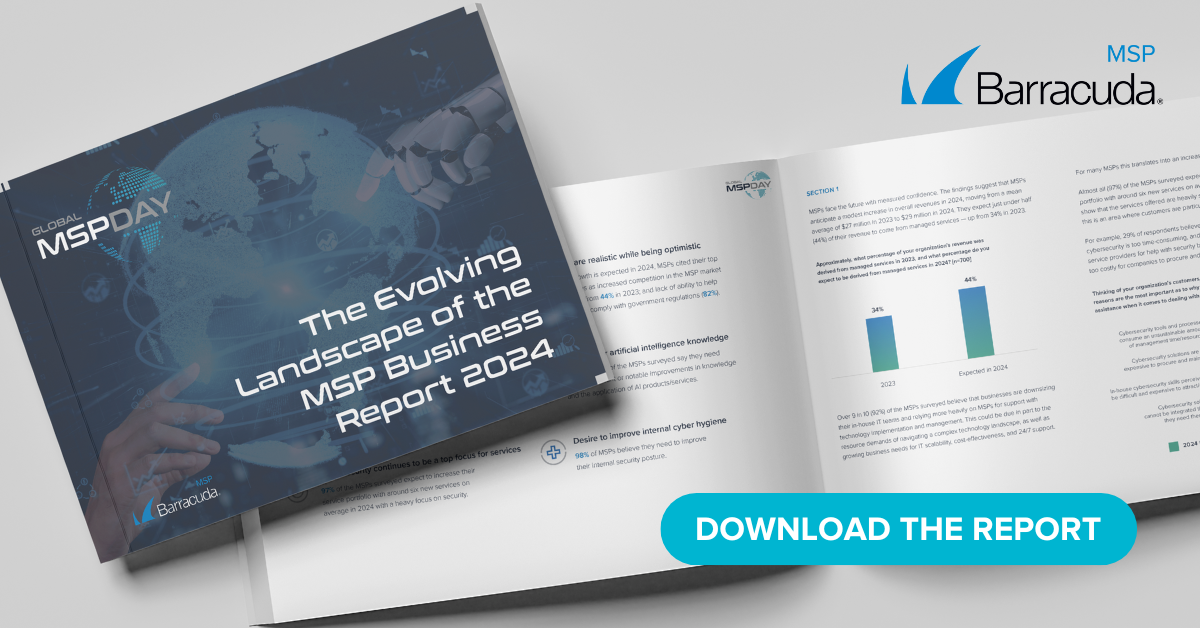 They say hindsight is 20/20, which is why Linus Torvalds’ Aug. 25, 1991, message to a MINIX newsgroup is so humorous now:
They say hindsight is 20/20, which is why Linus Torvalds’ Aug. 25, 1991, message to a MINIX newsgroup is so humorous now:
“I’m doing a (free) operating system (just a hobby, won’t be big and professional like gnu) … it probably never will support anything other than AT-harddisks, as that’s all I have :-(.”
“Just a hobby” turned into Linux, the open-source operating system that by some estimates runs the servers generating up to two-thirds of the world’s webpages. Your smartphone, your camera, and even your car might be running Linux.
Linux: An open-source revolution
Torvalds developed his pet project while studying at the University of Helsinki, where he had access to Minix, a Unix-style operating system. When he purchased a PC, Torvalds became frustrated with the limitations of MS-DOS and decided to develop his own free, open-source Unix-style alternative. Turns out this was a popular idea: The response to his newsgroup post was overwhelming, and he soon had hundreds of co-developers attracted to the idea of open-source software, which anyone can use, copy, or modify, as long as they keep sharing the source code. Today’s users can choose from commercial distributions, where you pay a license and receive support, or non-commercial distributions maintained by volunteers.
Torvalds intended to call his creation “Freax,” but when a server administrator named the directory holding his original code “Linux” (combining “Linus” and “Unix), he went with Linux. Today, Linux even has its own cuddly mascot, a penguin named “Tux” (“Torvalds” plus “U” and “X” for “Linux”). Torvalds selected the penguin, designed by Larry Ewing, as the mascot because he likes penguins. In the spirit of Linux, you may use or modify Tux’s image if you give Ewing credit.
Photos: Imagentle/Shutterstock; Jaroslav Machacek/Shutterstock
